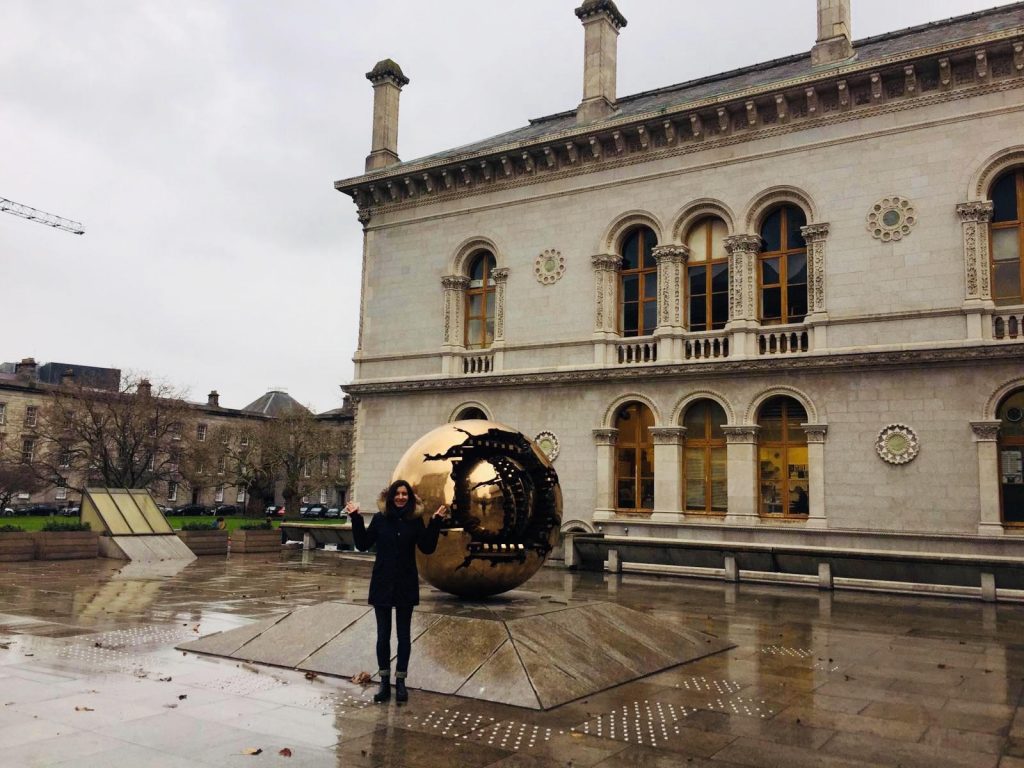The urban governance of food sharing. Present and future
Published by Agnese Cretella on the 31st January 2019.

Hi there to all followers of SHARECITY!
As we all know, everyone needs to eat, but what shapes our decisions about eating? Drawing on previous research, in SHARECITY we recognise that eating is a social practice shaped by a suite of rules, tools, skills and understandings. Much of our research to date has focused on the tools, skills and understandings elements so SHARECITY is now giving special attention to rules! These rules can be social, which shape what is deemed acceptable to eat, when, where and how, but rules are also often legal instruments. What we don’t often think about is that each step of the food chain that gets our food from farm to fork is regulated by many different layers of laws and regulations, whether you buy your food direct from producers or from big supermarket chains. To complicate things further, these layers are designed and implemented at different scales from the global to the local, influenced by different bodies (from international organisations such as FAO, and multinational agri-businesses, through to formal public governments and even people power) and have different capacities to effect change. To use academic language, food is an archetypal sphere of multilevel governance!
There are, for example, European food, waste and risk regulations to comply with, and countless of supra-national, national, regional and local laws that control and shape (or attempt to do so!) the way we eat today. The intertwining of all these different layers and scales translates into different governance configurations when we look at the urban scale. The regulatory foodscape of Singapore as an autonomous city-state will inevitably differ from the ones of Athens, Berlin or Barcelona which are member states of the European Union. Comprehending all these context-specific regulations can become a particularly complex task for food sharing initiatives and complying with them can be a challenge practically and ideologically. For instance, cooking or redistributing food after its ‘use-by’ date is seen by some food sharers as an environmentally and socially just practice. However, it is considered illegal by many statutory regulations concerned with food safety. Let’s just think about the recent public outcry generated by the stoppage of Berlin’s community fridges on behalf of the German Secretary for Consumer Protection.
At the same time, statutory regulations can be difficult to navigate not only for food sharing initiatives but also for the cities trying to reconfigure conventional food system practices into more sustainable and socially just trajectories. Even when city governments actively want to support food sharing initiatives, it is often the case that they can provide only temporary or precarious access to funding, buildings or land. As part of my PhD work for instance, I have researched precisely how the development of a Food Strategy in London, despite aiming at improving access to sustainable and nutritious food for all Londoners, had little impact on the statutory governance of the city’s food system.
SHARECITY has already collected precious data on the amount, goals and impacts of different food sharing initiatives in cities around the world. The next step of the project is to look at how the governance of today’s cities actually affects food sharing initiatives: which specific laws and regulations are either hampering or enabling urban food sharing practices? What cities can learn from one another? What are the possible food governance futures for the making of more inclusive, sustainable and just urban food sharing?
As the newest addition to the SHARECITY team, I am thrilled to contribute in finding answers to these important questions! My research background is in both food and urban studies, and I have previously worked specifically on comparing the different kinds of food policy efforts developed across European cities. Despite having joined the SHARECITY team only a few weeks ago, we already have a lot of exciting things planned for 2019! We are currently gathering data on the governance foodscapes of our case study cities and we are planning a multi-stakeholder event focused on the future governance of sustainable urban food sharing. Our goal is to bring to the table futurists, practitioners, policy-makers, activists and researchers to map out future avenues to build effective and appropriate governance infrastructures for urban food sharing initiatives. More details and info will follow soon, stay tuned on SHARECITY to follow our research updates!
Please feel free to get in touch if you have any questions, suggestions or comments. You can contact me via email at cretella@tcd.ie or look me up on Academia or LinkedIn.
Greetings from a cold but always charming Dublin!
– Agnese

© 2015 - 2024 ShareCity | Web Design Agency Webbiz.ie








